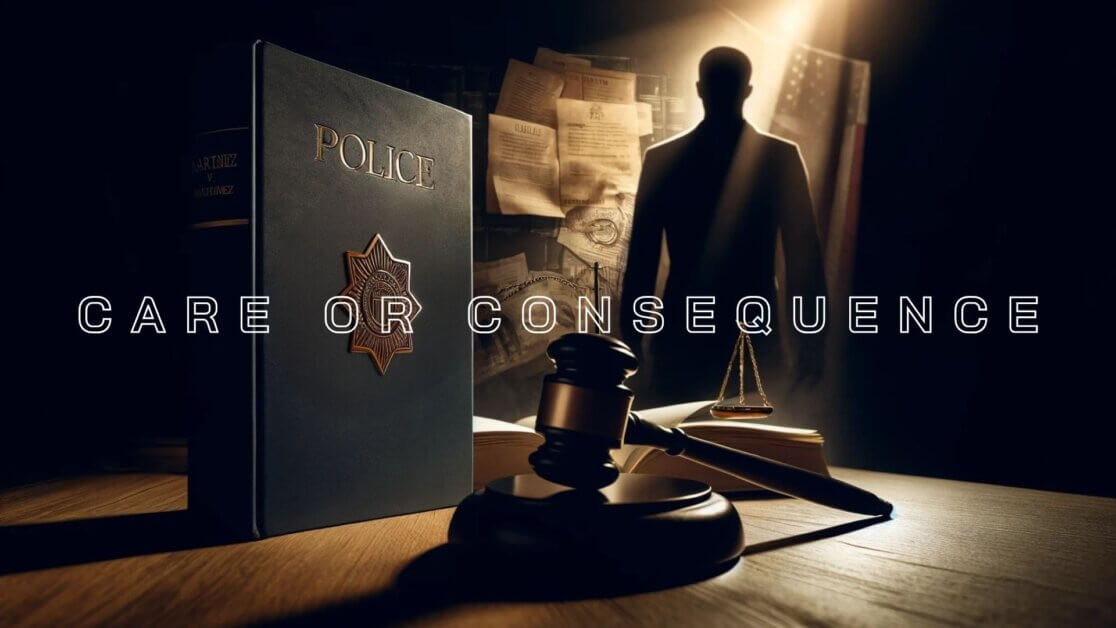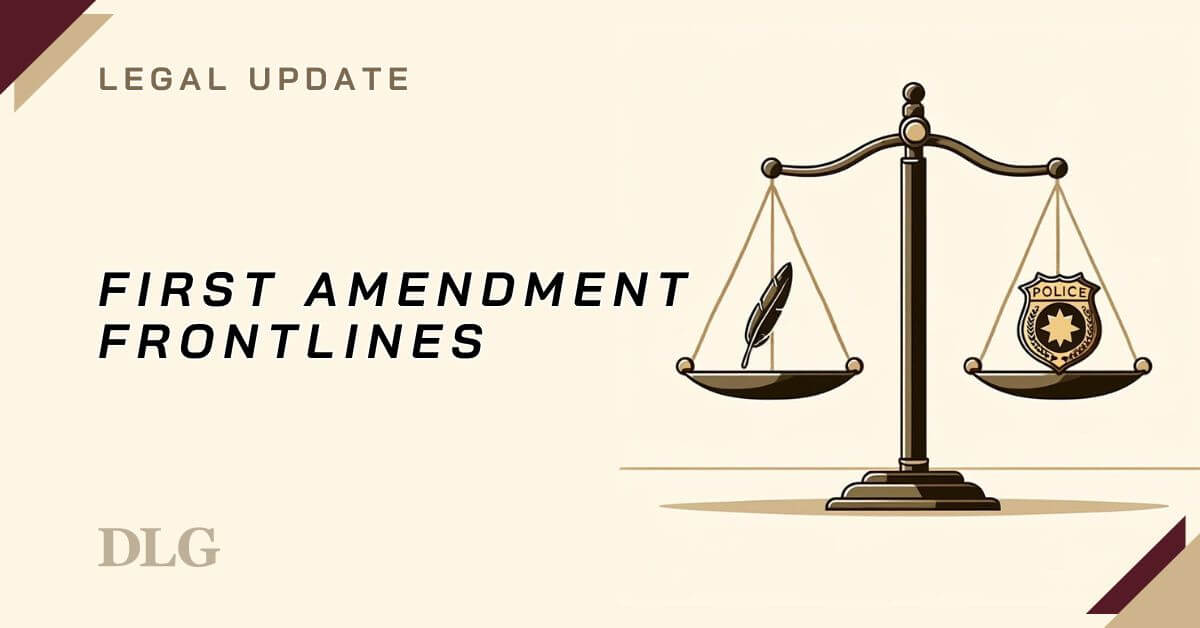Today’s legal update comes to us from the Seventh Circuit and addresses the question of parolee rights. Many parolee agreements state that if a parolee violates his or her release agreement, officers have a right to search their belongings. This case also addresses several important court cases regarding cell phones, search warrants and parolee rights.
The first case used in the court’s argument by the parolee is Riley v. California. In Riley, SCOTUS argued that searching an arrestee’s phone without a warrant when they are under arrest violates their Fourth Amendment Rights. According to SCOTUS, the warrantless search exception following an arrest exists for the purposes of protecting officer safety and preserving evidence, neither of which is at issue in the search of digital data. The digital data cannot be used as a weapon to harm an arresting officer, and police officers can preserve evidence while awaiting a warrant by disconnecting the phone from the network and placing the phone in a “Faraday bag.”
The Seventh Circuit then brought up two additional cases, United States v. Knights and Samson v. California. In these cases, SCOTUS found that it is legal to permit warrantless searches with less than probable cause for parolees and probationers. Under Knights and Samson, courts must balance the state’s interest in supervising parolees against a parolee’s privacy expectations.
Let’s address the facts of this case and see how these cases were fully applied.
FACTS
In 2018, Henry Wood was released on parole from Indiana state prison for methamphetamine-related offenses. Wood’s parole release agreement provided, among other things, that property under his control was subject to reasonable searches by his supervising officer if there was reasonable suspicion to believe that he was violating a condition of his parole.
Three months later, Wood violated his parole by failing to report to his supervising officer and a warrant was issued for his arrest. Parole agents arrested Wood at his home and, while they were searching him, an agent noticed Wood repeatedly turning toward his cellphone, which was lying on a “junk pile.” When the agent picked up the cellphone, Wood ordered the agent to turn it off. Instead, the agent handed Wood’s phone to another agent who felt something “lumpy” on the back of the cellphone. The agent removed the back cover and found a packet of a substance that he believed to be methamphetamine. Wood admitted the substance was methamphetamine. The agents charged Wood with possession of methamphetamine and seized his cell phone as evidence.
Seven days after Wood’s arrest, an investigator for the Indiana Department of Correction performed a warrantless search of Wood’s cellphone by extracting its stored data. This search revealed child pornography. The investigator forwarded this information to a special agent of the Federal Bureau of Investigation, who obtained a search-and-seizure warrant for Wood’s cellphone and its contents. The government subsequently charged Wood with child-pornography-related offenses.
Wood filed a motion to suppress the data extracted from his cellphone. Wood argued that the state investigator’s warrantless search of his cellphone violated Riley v. California. The district court disagreed and denied the motion. Wood appealed, arguing that the Supreme Court’s holding in Riley should apply to parolees.
SEVENTH CIRCUIT COURT OPINION
The Seventh Circuit Court of Appeals recognized that “given the context-specific nature of the Fourth Amendment, Riley is not readily transferable to scenarios other than the one it addressed,” and Riley did not involve the search of a parolee’s cell phone. The court also recognized that it has declined to apply Riley in two other contexts: consent searches and border searches. The court also recognized that Riley has never extended to parolees; in fact, the court noted that the Eighth, Ninth, and Tenth Circuits have held that Riley does not apply. The Seventh Circuit also declined to extend Riley to parolees.
The court found that the Supreme Court’s decisions in United States v. Knights and Samson v. California, which permit warrantless searches with less than probable cause for parolees and probationers, applied to the warrantless search of Wood’s cellphone. In this case, the court recognized that Indiana had an “overwhelming interest in supervising parolees,” and that its goals of “reducing recidivism” and “promoting reintegration . . . warrant privacy intrusions” that would not otherwise be permitted under the Fourth Amendment. The court then commented that, while cellphones can hold “vast quantities of personal information”, they do not automatically receive heightened protection under Knights and Samson. The court held that Indiana’s strong governmental interest outweighed Wood’s diminished expectation of privacy; therefore, the warrantless search of Wood’s cellphone was reasonable.
TAKEAWAYS
It is important to note that the Eighth, Ninth, and Tenth Circuits have held similar opinions in other cases when faced with this issue. When handling parolees there are very different protections in place than there are with a law-abiding citizen under the Fourth Amendment. As always, cell phones and computers have made this a bit more complicated, but the Seventh, Eighth, Ninth, and Tenth Circuits are all pretty much in agreement that the state’s interest outweighs that of a parolee’s rights when it comes to warrantless searches of cell phones.
United States v. Wood, 2021 U.S. App. LEXIS 31731 (7th Cir. IL Oct. 21, 2021)



